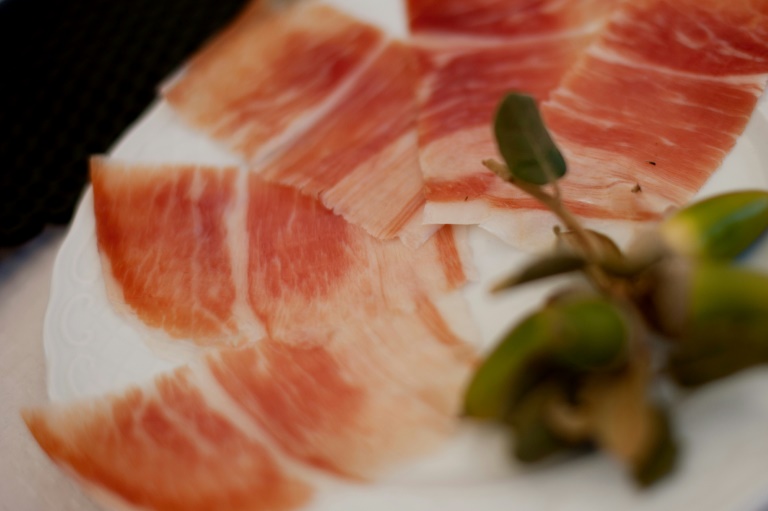Honor X9c shakes up smartphone game in South Africa with range of industry first features
The number of food sickness claims soared to more than 10,000 during the 2016-17 tourist season, from around just 600 in 2015-16, said the head of Spain’s hotel confederation CEHAT, Ramon Estalella.
It estimates that more than 90 percent of the claims — usually made through small-claims management companies that promise payouts of several thousand pounds — are bogus.
For years Britons have been the biggest group of tourists to Spain by nationality. Estalella said they are responsible for virtually all of the fake illness claims.
The problem has arisen because British consumer law does not require claimants to produce any medical evidence of illness, and claims can be filed up to three years after a stay at a hotel, he said.
“If the law was the same in Germany, Spain or France, I am certain that people from there would do the same,” Estalella told AFP.
Hotels complain that British claims management companies openly tout for business in Spanish resorts, promising not to charge any fees if no eventual damages are paid out.
An ambulance emblazoned with the words “Claims Clinic” was last year pictured driving around Tenerife on Spain’s Canary Islands, where more than one in three tourists is British.
The total value of the fake claims made during the 2016/17 season amounted to more than 100 million euros ($115 million), Estalella said.
– Over 100 gin and tonics –
In the past hotels tended to settle the claims because the cost of fighting them in a British court would be far higher overall.
But they have adopted a harder line as the number of claims has soared.
Hotel representatives met with officials from the British embassy in May and shortly after the Foreign Office in London updated its travel advice to warn that fraudulent claimants in Spain could face prosecution.
Police arrested a British man on the holiday island of Mallorca in June, and placed another under investigation, on suspicion of targeting tourists outside hotels and encouraging them to make bogus claims.
They opened their probe after receiving a dossier from a law firm hired by the Club Mac resort in Puerto Alcudia in northern Mallorca. The file included evidence compiled by private detectives.
It featured photographs and other documents that could disprove food poisoning claims made by almost 1,000 British clients of the resort’s three hotels, said Carolina Ruiz, the lawyer at Monlex Abogados, who is handling the case.

Spanish hotels complain that British claims management companies openly tout for business in Spanish resorts, promising not to charge any fees if no eventual damages are paid out
The bar receipts of one man who claimed his holiday was ruined because he fell sick from the food at the all-inclusive resort show he drank over 100 gin and tonics while on holiday there, she told AFP.
“If he was sick it was not because of food poisoning at the hotel, it was for other reasons,” Ruiz said ironically.
Police said the investigation is continuing and they have not ruled out further arrests in what is the biggest criminal probe to date against fake illness claims brought about by a complaint from a hotel group, Ruiz said.
– ‘They will finish us’ –
Some Spanish hotels are turning the tables and launching lawsuits of their own against people who make fraudulent sickness claims.
The Ponderosa Apart Hotel in Tenerife in May filed a lawsuit for defamation against a British man who allegedly faked becoming sick, as well as against the law firm that handled his case.
“We have to stop them and if the way to do it is through the courts, we should do it. Otherwise they will finish us,” the hotel’s director told reporters at the time.
What the Spanish hotel sector wants most of all is a change in British law to make it harder to make fake food poisoning claims.
“If there was a change in the law, this would end,” Estalella said.
Download our app